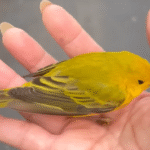Has your cat been acting a little different lately—maybe more clingy, more vocal, or just not their usual independent self? It’s easy to forget that cats, despite their mysterious and self-sufficient reputation, have emotional needs just like we do. Sometimes, they’re quietly pleading for comfort, security, or just a gentle pat to let them know everything’s okay. Recognizing when your cat is seeking reassurance can deepen your bond and help you become the comforting presence they truly need. Let’s unravel the subtle, surprising, and heartwarming ways cats ask for a little extra love.
Unusual Vocalizations: When Meows Turn Into Messages

Cats aren’t always talkative, but when they suddenly start meowing more than usual, it’s often their way of trying to communicate. If your typically quiet cat begins to follow you around the house, meowing persistently or making different, softer sounds, it could be a plea for comfort. Some cats develop a distinct “cry” when they’re feeling insecure. This might sound more high-pitched or drawn-out than their normal chatter. Pay attention to the context—if these vocalizations happen after a change in the household, or when you’re about to leave, your cat might simply be seeking reassurance. Sometimes, a gentle reply or soft petting can help ease their worries.
Following You from Room to Room

Have you noticed your cat shadowing your every move? While some cats are naturally more social, a sudden increase in this behavior can be a sign that your cat needs reassurance. They may feel anxious or uncertain and need to know you’re nearby. This behavior often appears after loud noises, visitors, or changes in routine. Cats might even wait by the bathroom door or sit outside your bedroom, always keeping you in sight. This constant presence isn’t just curiosity—it often means your cat is looking for comfort and safety by being close to their favorite person.
Excessive Purring: More Than Just Contentment
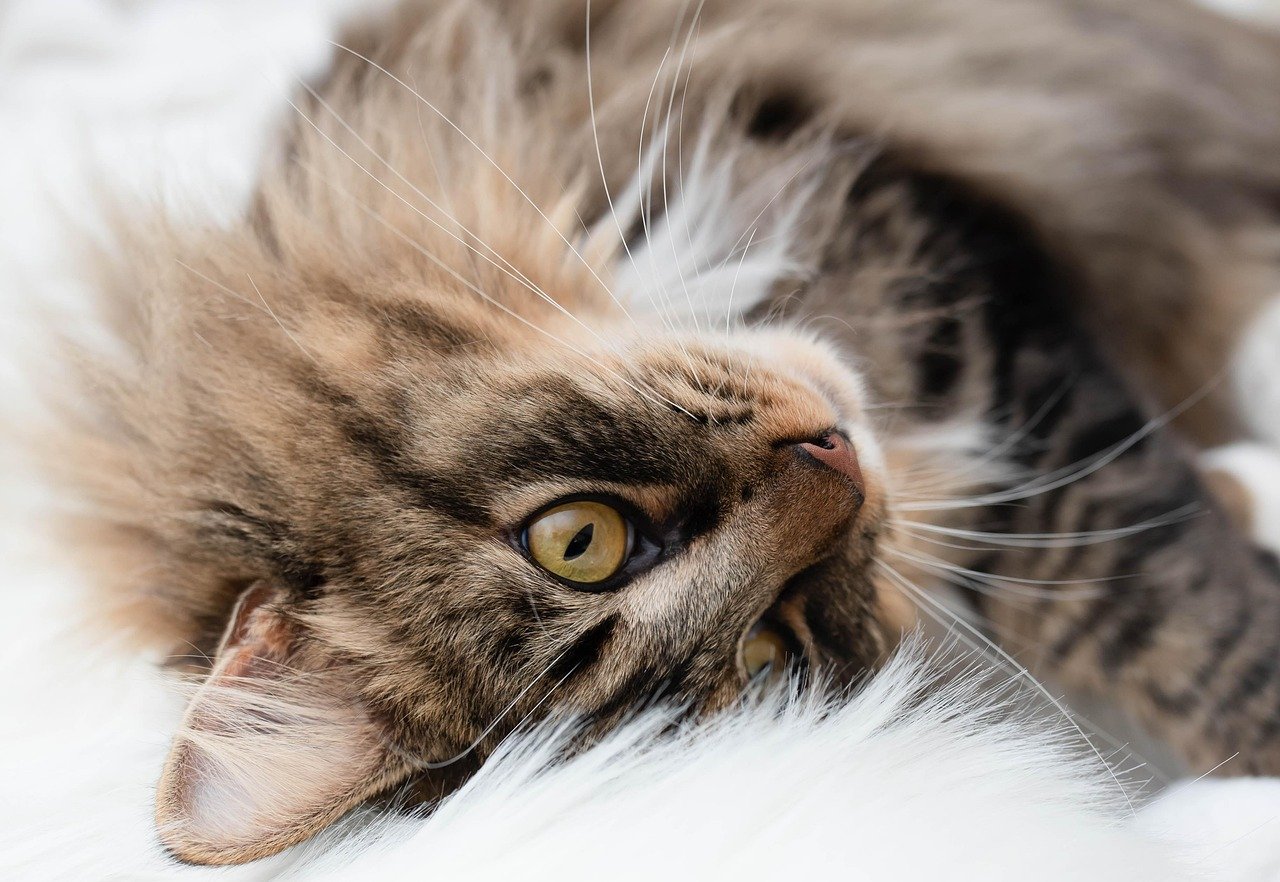
A cat’s purr is usually a sign of happiness, but did you know it can also signal distress? Some cats purr to soothe themselves when they’re scared, lonely, or in need of reassurance. If your cat starts purring when you approach after a stressful event, or if the purring seems more intense when they’re anxious, it’s their way of asking for comfort. This self-soothing mechanism is like a child humming to calm themselves. If you notice this, try offering gentle strokes or simply sitting quietly nearby to provide the reassurance they crave.
Hiding More Than Usual

Cats are known for their love of cozy corners, but if your cat is hiding more than usual, it could be a sign they’re feeling insecure. This behavior often shows up after changes at home, like new pets, moving furniture, or even different smells. If your cat seeks out hidden spaces and only emerges when you’re around, they may be asking for reassurance in the only way they know how—by retreating and then looking for your presence. Offering a quiet, safe spot nearby, or just sitting calmly in the room, can sometimes help your cat feel more at ease.
Increased Kneading and Suckling

Kneading—when cats press their paws into blankets, your lap, or even you—is a behavior rooted in kittenhood. It’s comforting and often seen when cats need reassurance. If your cat starts kneading more than usual, and especially if they add suckling to the mix, it’s a strong sign they’re looking for comfort. This behavior is their way of reliving the security they felt with their mother. By letting your cat knead on a soft surface or gently petting them, you can provide the reassurance they’re seeking.
Unusual Aggression or Irritability

Sometimes, a cat looking for reassurance may actually act out. If your usually mellow cat becomes irritable, swats at you, or hisses more, it could be a sign of underlying anxiety or uncertainty. Changes in the environment or disruptions to their routine can make cats feel threatened. This defensive behavior is a way of coping with stress and insecurity. Offering your cat a consistent routine and gentle interactions can help them regain their sense of safety and trust.
Loss of Appetite or Overeating

Just like humans, cats can react to emotional distress by changing their eating habits. If your cat suddenly loses interest in food or starts overeating, it may be a sign they’re feeling unsettled. This often happens after big changes, such as a new pet or family member, or even after you’ve been away for a while. Monitoring your cat’s eating habits and offering meals at consistent times can help provide the structure and reassurance they need.
Seeking More Physical Contact

A cat who climbs into your lap more often, leans against you, or insists on sleeping beside you is likely seeking comfort. This newfound clinginess is a clear sign they want reassurance. Cats may also reach out with their paws or nuzzle your hand, asking for gentle touches. By responding with calm, loving attention, you let your cat know they’re safe and valued.
Restlessness and Pacing

Restless pacing or inability to settle in one spot can suggest your cat is anxious or seeking comfort. They might walk back and forth between rooms, jump on and off furniture, or circle your legs. This behavior is often seen in cats who are uncertain or upset about something in their environment. Sometimes, sitting down and inviting your cat to join you, or providing a familiar blanket, can help ease their nerves.
Changes in Grooming Habits

Cats are famous for their meticulous grooming, but anxiety can disrupt this routine. Some cats over-groom, licking themselves excessively as a way to self-soothe, while others may stop grooming altogether. Both changes indicate your cat could be feeling insecure and looking for reassurance. If you notice bald patches or a dull coat, it’s time to give your cat some extra attention and perhaps consult your vet to rule out any medical causes.
Making Eye Contact and Slow Blinking

A cat’s eyes can say so much. If your cat seeks out your gaze and gives you a slow blink, it’s their way of showing trust but also asking for reassurance. Slow blinking is often called a “cat kiss” and signals that your cat feels safe with you. Returning the gesture—blinking slowly back—can help strengthen your bond and reassure your cat that everything is alright.
Sleeping Closer to You Than Usual
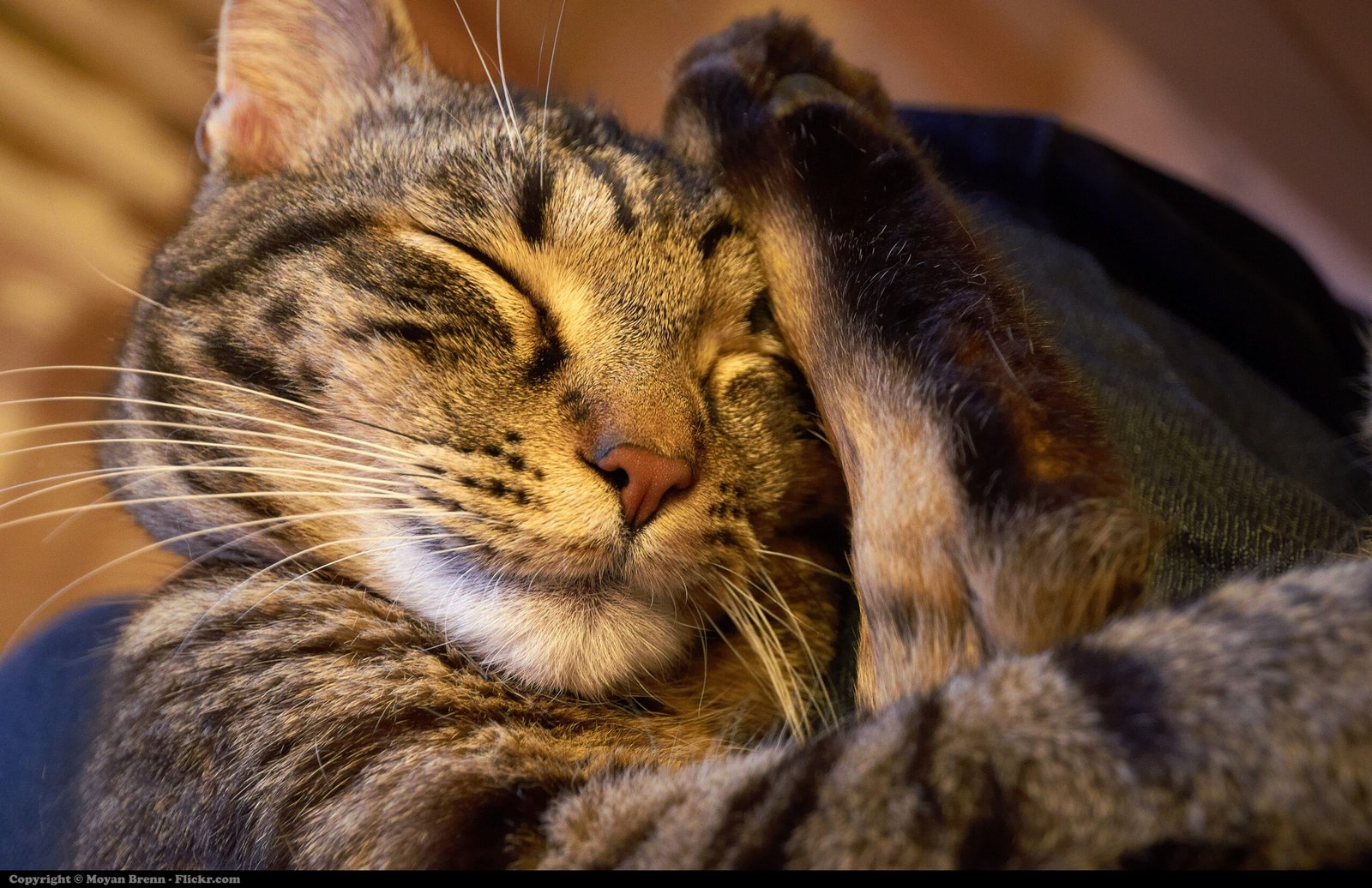
If your cat suddenly chooses to sleep on your pillow, next to your feet, or even on your chest, it’s not just for warmth. Sleeping close is a vulnerable act for cats, and when they do it more frequently, they’re often seeking comfort and protection. This behavior is especially noticeable after stressful events, like thunderstorms or visitors. Allowing your cat to snuggle close, or providing a cozy bed near yours, can offer the reassurance they crave.
Bringing You “Gifts” or Toys

While most cat owners have found a toy or even a not-so-pleasant “gift” at their feet, this behavior can sometimes be a call for attention and reassurance. Cats may bring their favorite toy or object to you as a way of seeking engagement and validation. By acknowledging their “gift” and spending a few moments playing with them, you show your cat that you’re there for them, reinforcing their sense of security.
Sudden Litter Box Avoidance

When a cat stops using the litter box, it’s not always a medical issue—it can be a sign of emotional distress. Cats are creatures of habit, and sudden changes or stress can lead them to avoid their usual bathroom spot. If this happens, it’s important not to scold your cat. Instead, try to identify any recent changes in their environment and reassure them with gentle words and extra care.
Tail Position and Body Language
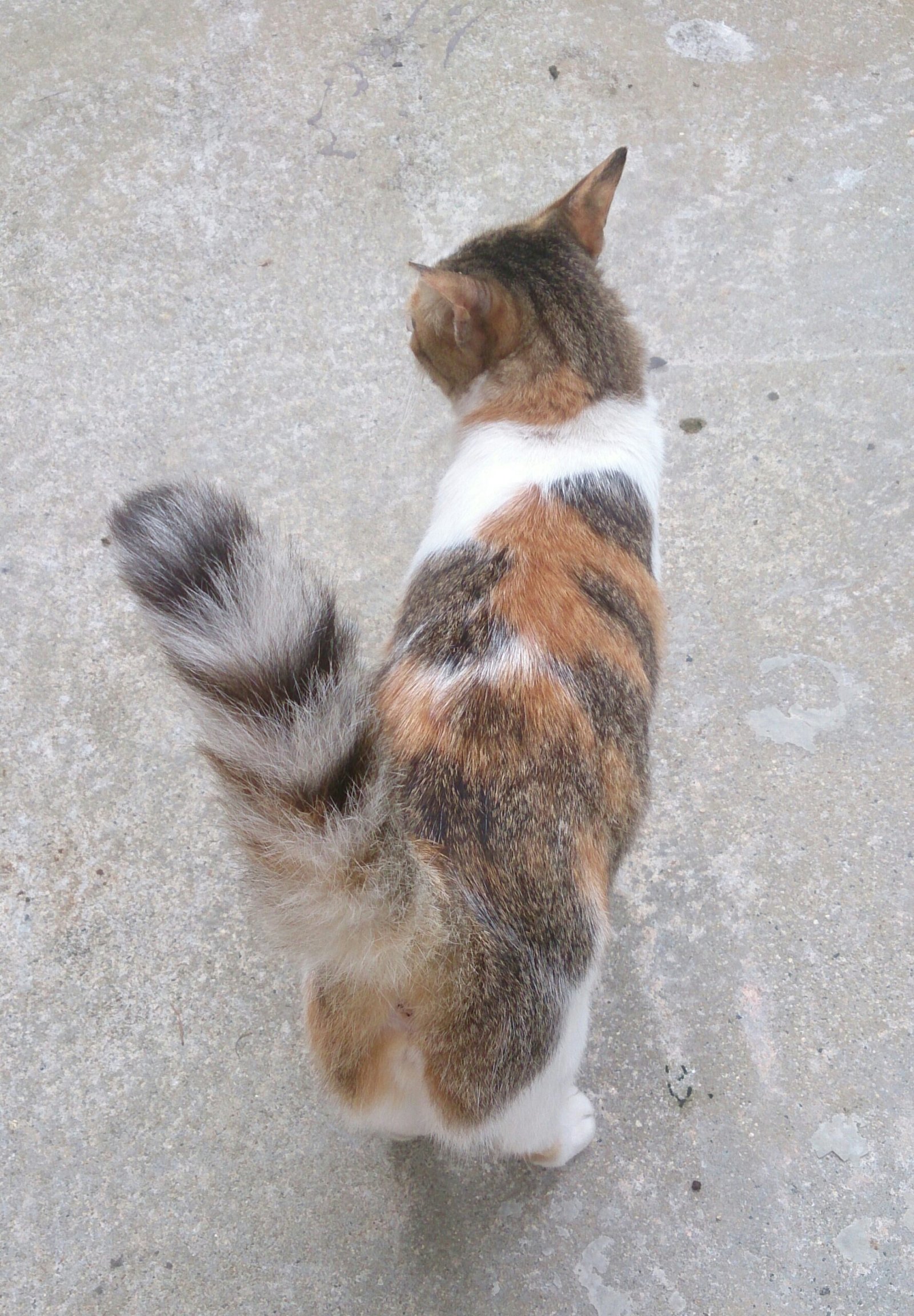
A cat’s tail is like a mood barometer. If your cat’s tail is tucked, low, or flicking nervously, it can mean they’re feeling unsure and looking for comfort. Similarly, flattened ears or crouched posture can signal anxiety. Watching your cat’s body language closely helps you recognize when they need reassurance. Offering a calm presence and speaking softly can help them feel more secure.
Head Butting and Rubbing
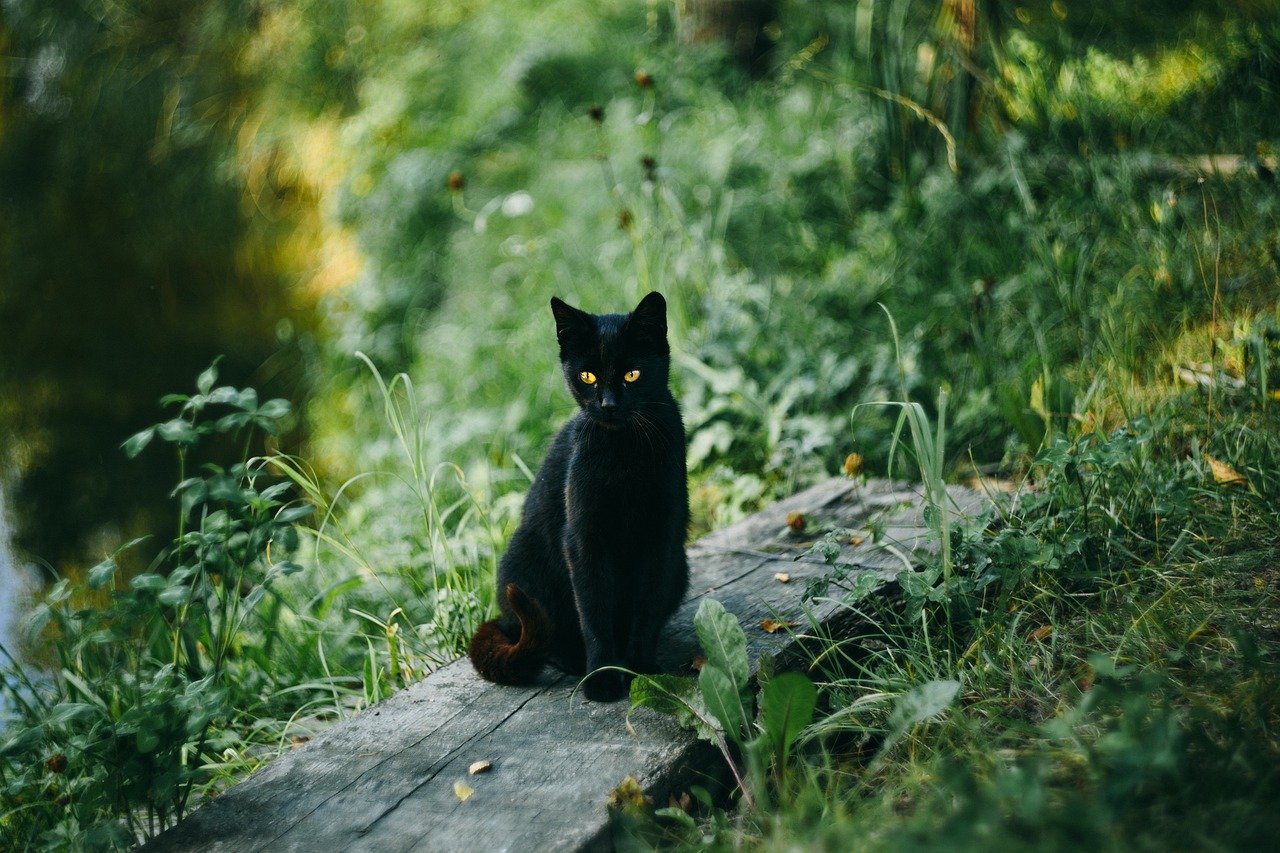
When your cat head-butts you or rubs their face against your leg, they’re marking you with their scent—a sign of trust and affection. Increased head butting or rubbing, especially after a scare or change in the home, is a clear request for reassurance. Responding by gently petting your cat or speaking softly reassures them that their world is still safe and familiar.
Yowling or Nighttime Distress
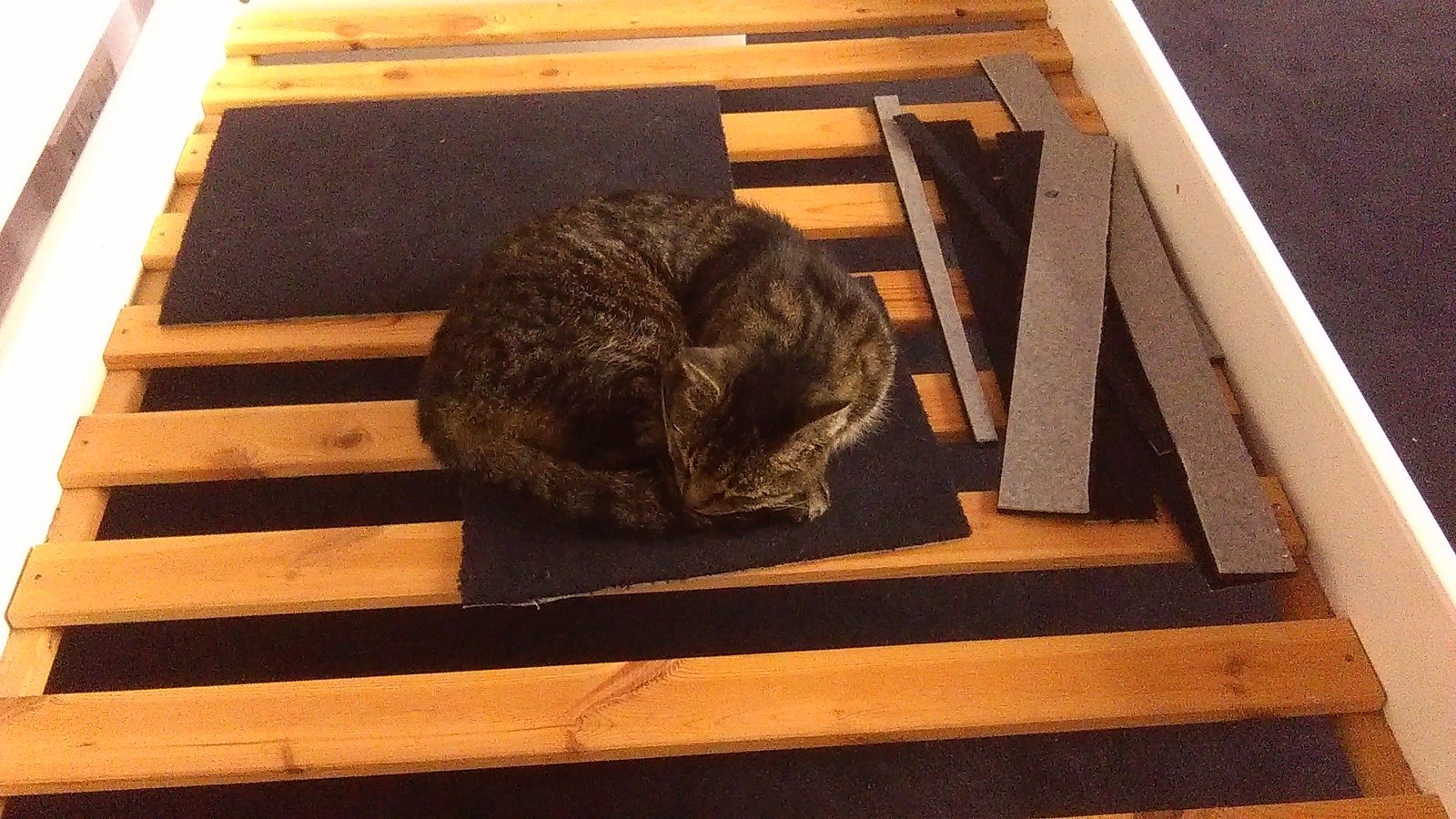
Some cats become more vocal at night, yowling or crying outside your bedroom door. This behavior often signals loneliness or anxiety, especially if there have been changes in the household. Offering a comforting routine at bedtime, like a few minutes of play or a cozy spot near your bed, can help soothe your cat’s nerves and provide the reassurance they need.
Chin Rubbing and Scent Marking

Cats have scent glands in their cheeks and chins, and rubbing these against furniture, walls, or you is their way of claiming territory and feeling secure. If your cat is rubbing their chin on you more than usual, they may be trying to create a familiar, comforting scent environment. This subtle request for reassurance can be met by allowing your cat to rub freely and providing consistent routines at home.
Startling Easily or Being Extra Jumpy

An unusually jumpy or easily startled cat may be feeling insecure. Sudden sounds, movements, or even shadows can send them running for cover. This heightened sensitivity is often a sign that your cat is on edge and needs extra reassurance. Creating a calm, predictable environment and giving them places to hide can help restore their confidence.
Seeking Out High Places

When cats feel uneasy, they often seek high perches—on shelves, cat trees, or the back of the couch. These elevated spots give them a sense of security and control over their environment. If your cat is spending more time up high, it’s their way of coping with uncertainty. You can help by making these spots cozy and safe, or by spending quiet time nearby to show them they’re not alone.
Increased Curiosity About Your Activities
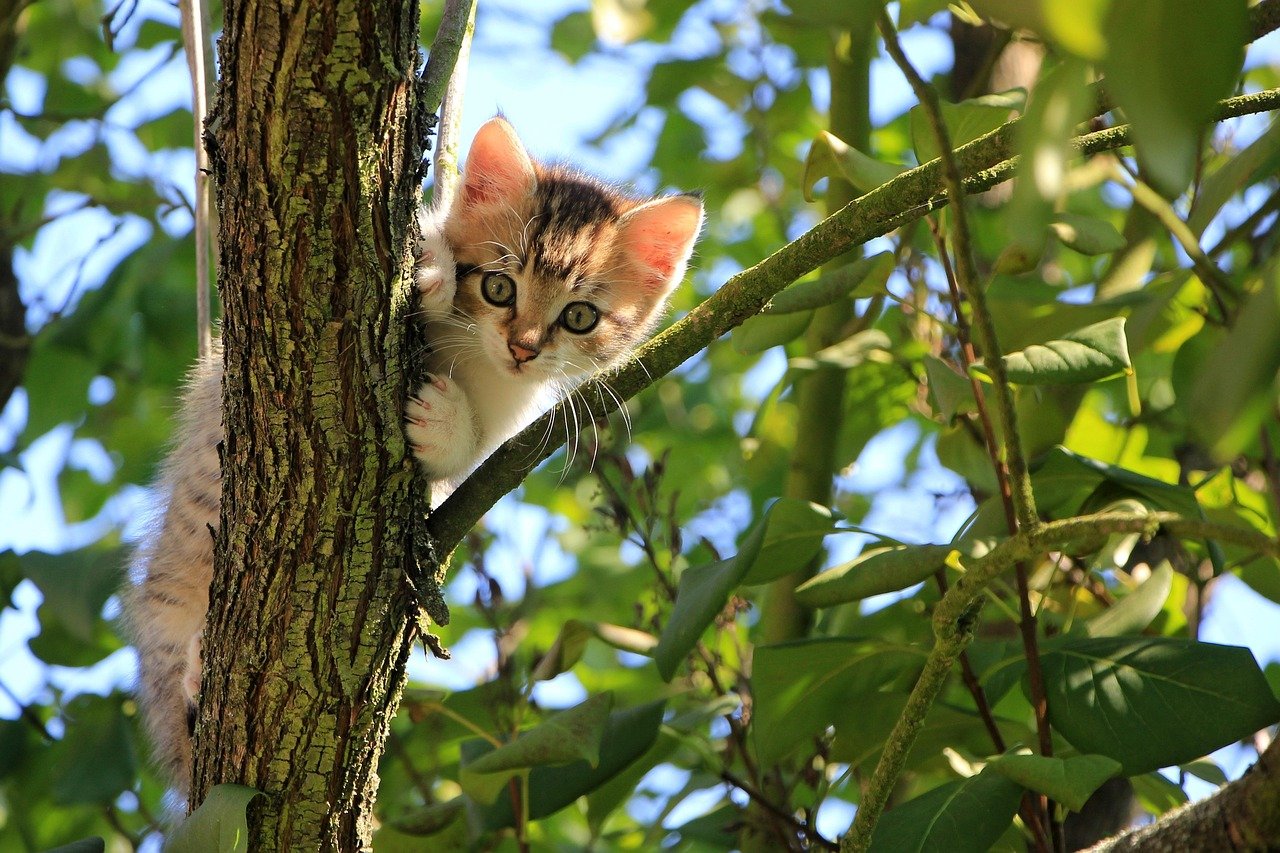
Sometimes, a cat seeking reassurance will become extra curious about what you’re doing. They might watch you intently, inspect your belongings, or insert themselves into whatever task you’re focused on. This isn’t just nosiness—it’s a way for your cat to feel involved and secure in your presence. Letting them participate, or acknowledging their interest with a friendly word or pet, can give your cat the comfort they’re looking for.
Hi, I’m Bola, a passionate writer and creative strategist with a knack for crafting compelling content that educates, inspires, and connects. Over the years, I’ve honed my skills across various writing fields, including content creation, copywriting, online course development, and video scriptwriting.
When I’m not at my desk, you’ll find me exploring new ideas, reading books, or brainstorming creative ways to solve challenges. I believe that words have the power to transform, and I’m here to help you leverage that power for success.
Thanks for stopping by, Keep coming to this website to checkout new articles form me. You’d always love it!






